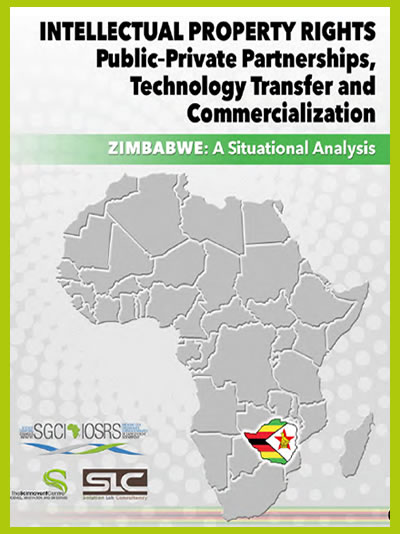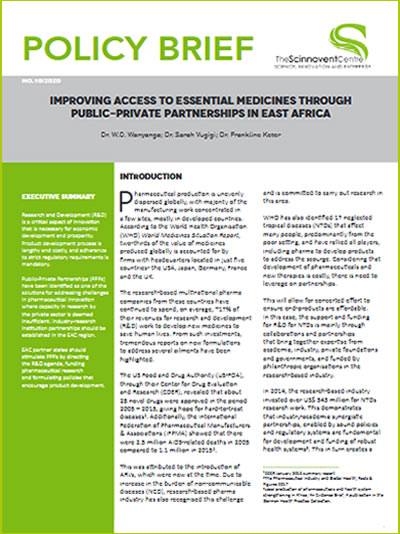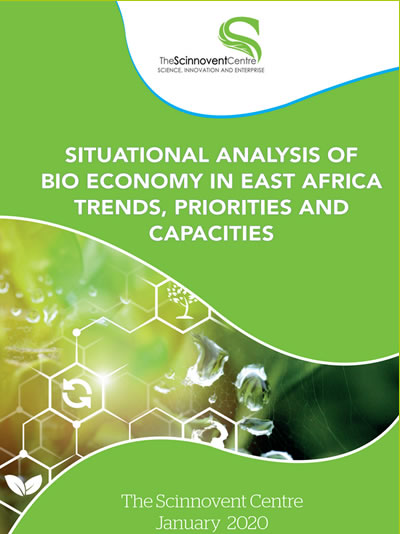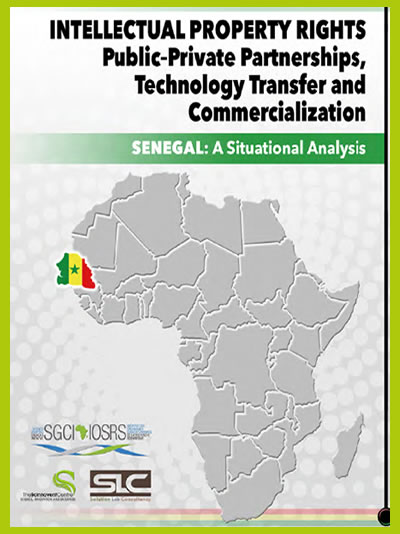Description
Innovation and economic development, particularly in emerging economies in Sub-Saharan Africa, are increasingly tied to the protection and promotion of intellectual property (IP) rights. As countries pursue sustainable development, Public-Private Partnerships (PPPs) have become a key mechanism for facilitating technology transfer, commercialization, and infrastructure development across multiple sectors.
This report analyzes the IP landscape across different jurisdictions, focusing on existing legal frameworks, the role of PPPs in advancing IP, and the impact of IP on critical sectors such as agriculture, health, and renewable energy. By examining these areas, the report provides insights into the challenges and opportunities within national ecosystems and offers recommendations to strengthen IP’s contribution to sustainable development.
Zimbabwe has made efforts to establish a legal and institutional framework for IP, but significant challenges remain, particularly in enforcement, awareness, and access. Addressing these challenges is crucial for maximizing the benefits of IP for Zimbabwe’s economic development and social progress. The report effectively highlights these challenges and implicitly suggests relevant recommendations. Continued focus on strengthening institutional capacity, promoting IP awareness, fostering local innovation, and addressing the access to technologies and medicines issues will be key to unlocking the full potential of IP in Zimbabwe. This report also highlights the need to balance IP protection with public health and development needs, particularly in agriculture and health.








jessemooka (verified owner) –
I really enjoyed this book